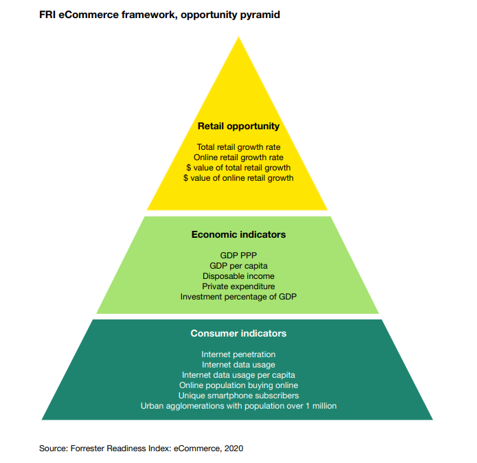
Dive Brief:
- Pier 1 canceled a bankruptcy auction for its business and assets scheduled for this week.
- In court papers filed Friday, attorneys for the retailer said that its term lenders opted to take over the company rather than sell it by converting their loan into equity in Pier 1.
- That decision was made “in light of recent world events related to COVID-19,” Pier 1 attorneys said. The company retains the right to schedule an auction later if it chooses.
Dive Insight:
At the outset of Pier 1’s Chapter 11 case, analysts questioned whether the retailer would be able to sell itself in bankruptcy — but nobody predicted this exact set of circumstances.
Prior to the pandemic massively shifting the business environment for the entire industry, skepticism around a sale of Pier 1 centered on the attractiveness of the business itself.
Pier 1 has more or less been up for sale since 2018. In court documents, the company’s CEO said that it began seeking merger and sales proposals starting in late 2018. Pier 1 went into bankruptcy with 35 nondisclosure agreements with potentially interested parties but no stalking horse bid to set up a baseline for a Chapter 11 auction.
Pier 1 was potentially a tough sell to a buyer. Its revenue had been so decimated in recent years that it was forced into bankruptcy even though it had little debt relative to many other major retailers that filed in recent years.
Pier 1’s category is fiercely competitive, with Wayfair, Amazon, HomeGoods, Target and others all fighting for share. Pier 1 got stuck in the middle, priced above its value competitors and without the luxury offering of Williams-Sonoma, Restoration Hardware and other premium players. When Pier 1 tried to chase its lower-priced competitors, it alienated much of its existing base. Its strategic plan became a financial disaster. The company eventually reversed course under new leadership, but not quickly enough.
Pier 1 may have faced liquidation in bankruptcy without a buyer, with proceeds from going-out-of-business sales providing a quick path for lenders to get repaid. But COVID-19 has made major liquidation sales all but impossible. Tens of millions of consumers are staying home either by government order or by choice amid the effort to slow the disease’s spread. Pier 1 has closed its stores temporarily as part of that effort.
Given the uncertainty of when consumers will return to stores, lenders likely saw taking over Pier 1 their best long-term bet toward repayment. In the near term, that same logic could shift the outcomes of retail bankruptcies.
“In this unique time where closing stores is not possible (because of shutdowns) or advisable (based on the unpredictability of the sale), a company should think twice about the benefits of filing Chapter 11,” Joseph Malfitano, managing member of disposition advisory firm Malfitano Partners, told Retail Dive earlier in March. “There will certainly be an immediate need for some significant restructuring to stabilize business operations/expenses pending a market turnaround, but much of this work can be accomplished out-of-court with the right team.”

